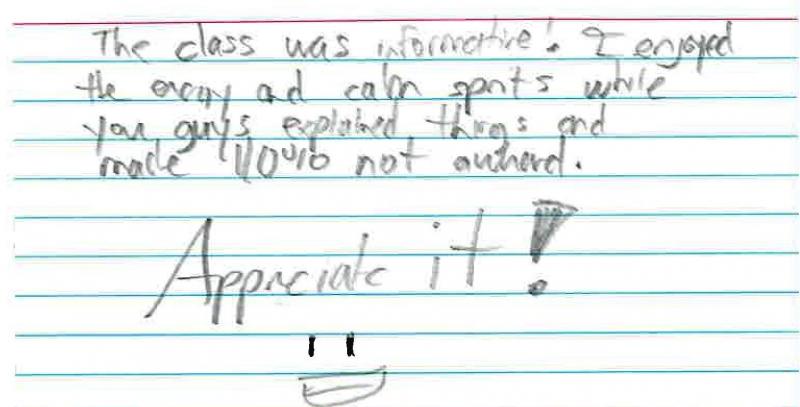This post was written by CHC member Hana Zegeye.
Series: Chicago Healthcare
Hana serves at Heartland Health Centers as a Health Promoter.
With significantly higher rates of teen pregnancy and sexually transmitted infections (STIs) compared to the national average, it is evident that Chicago has a strong need for comprehensive sex education. Numerous research studies have shown that young people delay sexual activity and make safer sexual decisions when they have access to comprehensive sex education (1).
In August 2013, Governor Pat Quinn signed a new comprehensive sex education bill into law, encouraging Illinois school systems to adopt a'comprehensive, medically accurate and age-appropriate" sex education curriculum (2).
As a health promoter at Heartland Health Centers - Senn and Roosevelt High Schools, I teach health education classes and connect students to the school health center's resources. My most recent sex education class, co-taught by the Senn High School nurse, covered everything from the reproductive system, abstinence, and contraceptives, to STIs and healthy relationships. We created the curriculum in accordance with the new Chicago Public Schools comprehensive sex education policy (3). As a proud CPS alumna, I was struck at how different the curriculum we were about to teach was from my own, shallow learning experiences in high school.


References:
(1) http://www.advocatesforyouth.org/publications/1487
(2) http://voices.suntimes.com/early-and-often/politics/quinn-oks-sex-ed-bil...
(3) http://www.nationalhealthcorps.org/chicago/blog/new-sex-education-policy...
